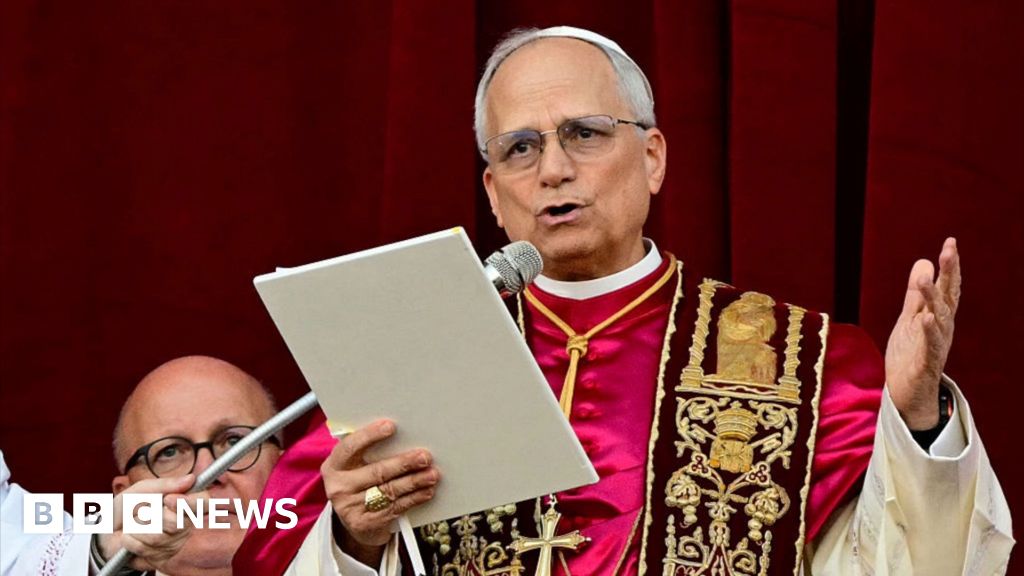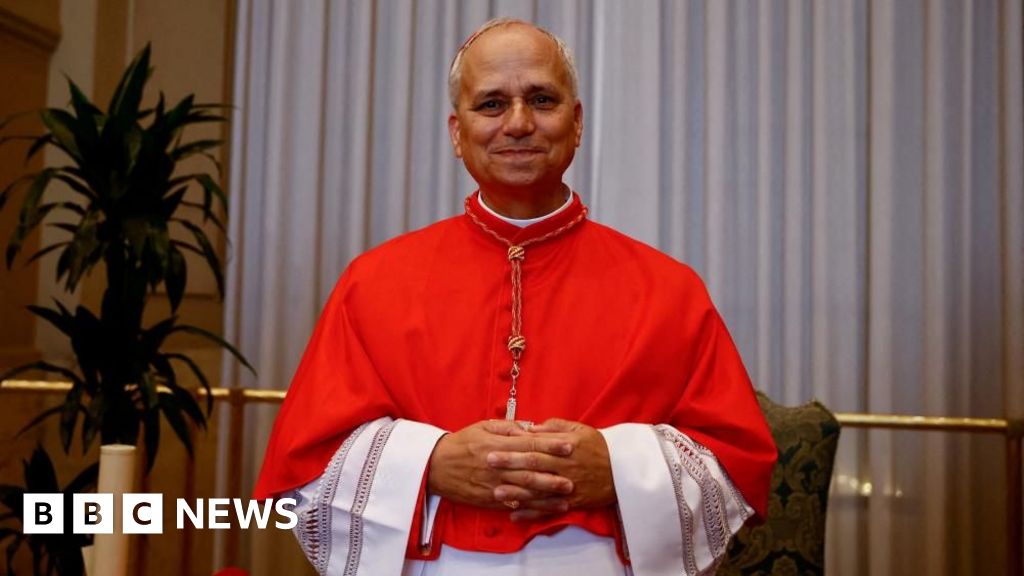ARTICLE AD BOX
Image source, Reuters
Image caption,Mr Stoltenberg said Nato was not a threat to Russia
Nato's secretary-general says there is no sign of de-escalation by Russian forces on the ground near Ukraine.
Jens Stoltenberg said Russia still had a huge force ready to attack Ukraine.
Russia says it is pulling back some of its troops and that military drills in Moscow-annexed Crimea have ended.
But Mr Stoltenberg warned the threat from Russia had become a "new normal" in European security. He said Nato was considering setting up new battle groups in central and SE Europe.
He said this was part of ongoing measures to bolster European defence - on which $270bn (£199bn) had been spent since 2014 - though he attempted to reassure Russia that Nato was not a threat.
France had offered to lead one such battle group in Romania, he said.
Russia's foreign ministry said it was "no longer interested" in Mr Stoltenberg's statements.
Watch as Ukraine's President Zelensky reacts after Russia said it was returning some troops to their garrisons
Russia has more than 100,000 troops close to Ukraine but denies that it plans to invade.
The two countries have deep cultural and historic ties, and both were part of the former Soviet Union.
Russian President Vladimir Putin wants assurances that Ukraine will not join Nato because he sees any expansion of it as a threat. Nato has rejected that demand.
Mr Putin said on Tuesday that Russia did not want war, but demanded that the issue of Nato membership be addressed now, even though Ukraine is a long way from even starting an application to join the alliance.
Mr Stoltenberg said Nato remained prepared for dialogue, and it was not too late for Russia to "step back from the brink of conflict".
He expressed scepticism about Russian reports that some troops had been pulled back, after Russian statements and footage broadcast on Russian state television appeared to show military vehicles leaving Crimea.
"We do not see any sign of de-escalation on the ground," he said.
"This may of course change, but Russia maintains a massive invasion force ready to attack."
He said Russia's assertiveness was a new normal.
"Russia has demonstrated it is ready to contest fundamental principles of our security," he said.
"They have used force to underpin and try to intimidate countries to accept its demands."
Separately, Ukraine has been marking a so-called day of unity, with national blue and yellow flags raised throughout the country.
President Volodymyr Zelensky declared the day after US intelligence reports that Russia could attack Ukraine on Wednesday.
Image source, Reuters
Image caption,Ukrainian border guards patrol in Chernihiv region near the Russian border
On Tuesday the websites of Ukraine's defence ministry, armed forces and two banks came under a cyber-attack. The cause is not clear but Ukraine has suffered large-scale attacks before on its online infrastructure and has pointed the finger at Russia.
Russia's government, however, has denied any involvement.
There has long been concern that, rather than a full-scale invasion, Russia could use less obvious means to destabilise Ukraine, for example through cyber-attacks on critical infrastructure.

 3 years ago
39
3 years ago
39








 English (US) ·
English (US) ·